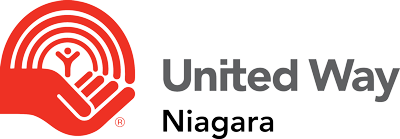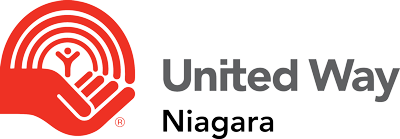


211 – Help Starts Here
Annually on February 11, Canadians come together to celebrate 211 Day (2/11) —a day dedicated to raising awareness about the 211 service and its vital role in supporting communities across the country. This year, on February 11, over 60 landmarks nationwide will illuminate in red for United Glow and 211 partners and staff from across Canada will unite in raising awareness and inspiring action through social media, advocating for sustained funding with all levels of government and hosting community events.
What is 211?
211 is a free, confidential service that provides everyone in Canada with easy access to information about essential government and community services. By simply dialing or texting 2-1-1, individuals are connected to a trained Resource Navigator who can offer information about local supports such as:
food banks and communal meal programs
income assistance programs
legal resources
support for mental health and addictions (counselling services)
housing options including emergency shelters
support for seniors, newcomers, and much more.
Available 24/7 and offering support in over 150 languages, help starts with 211. Visit 211ontario.ca to learn more.
Why is 211 Important?
Every year, 211 connects over 2 million Canadians to the help they need most.
In difficult times, people often don’t know where to turn for assistance. 211 serves as a lifeline, directing individuals to the appropriate services before they reach the point of crisis.
In 2023, 602,834 contacts made by phone, text, chat and email were answered by the 211 service, and 686,000 requests for support were handled by 211 Community Navigators. Housing and shelter were the top needs expressed in contacts with the 211 services followed by mental health supports.
211’s aggregated data also provides valuable information for decision-makers and program developers about top needs and service gaps in communities across the country.
For example, in the first half of 2024, housing and shelter resources accounted for 28% of the unmet needs identified in contacts to 211, while mental health resources accounted for 8% of the unmet needs. Unmet needs reflect a lack of local services to meet callers’ needs or a lack of capacity from the sector to respond to the level of need in a community. Information like this can help inform where further resources can be invested to make sure that people can access the support they need when they are faced with life’s challenges.
How can you help?
We can only help others if they know that we are here. Help spread the word about this essential service by sharing our posts on social media, taking a picture in front of a United Glow monument on 211 Day, or telling two friends or family about 211. Ask them to do the same and keep the momentum going.







